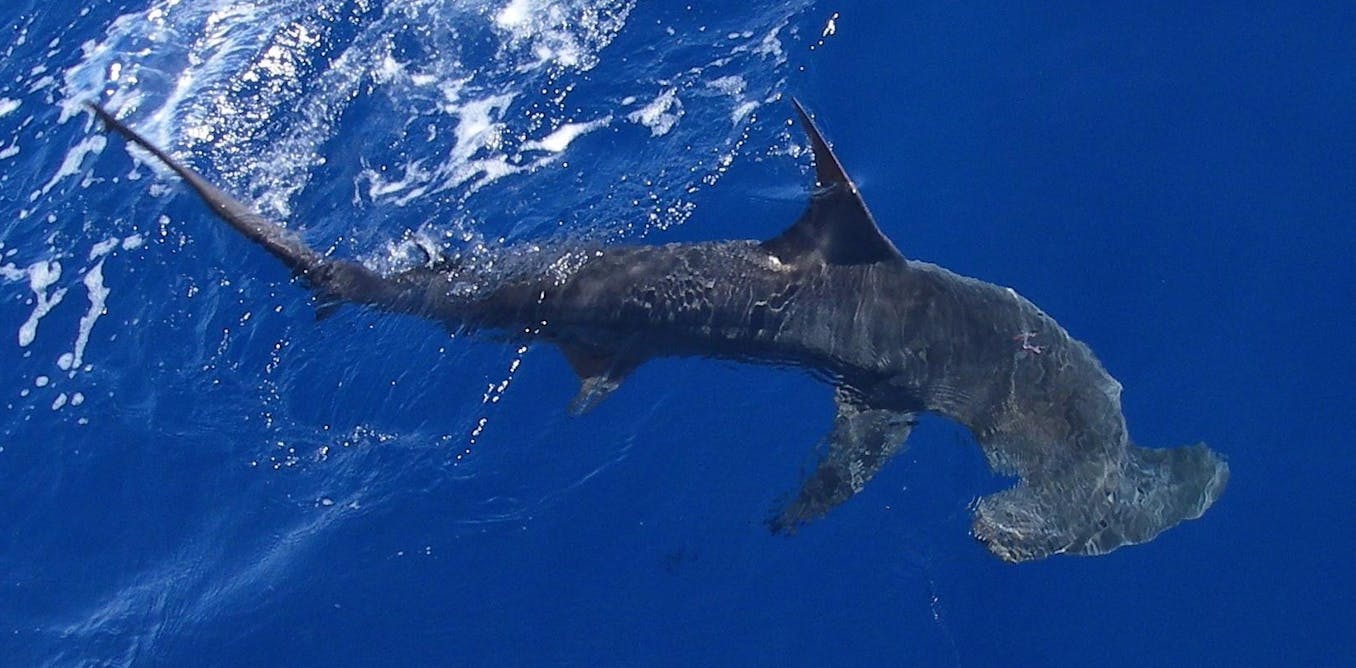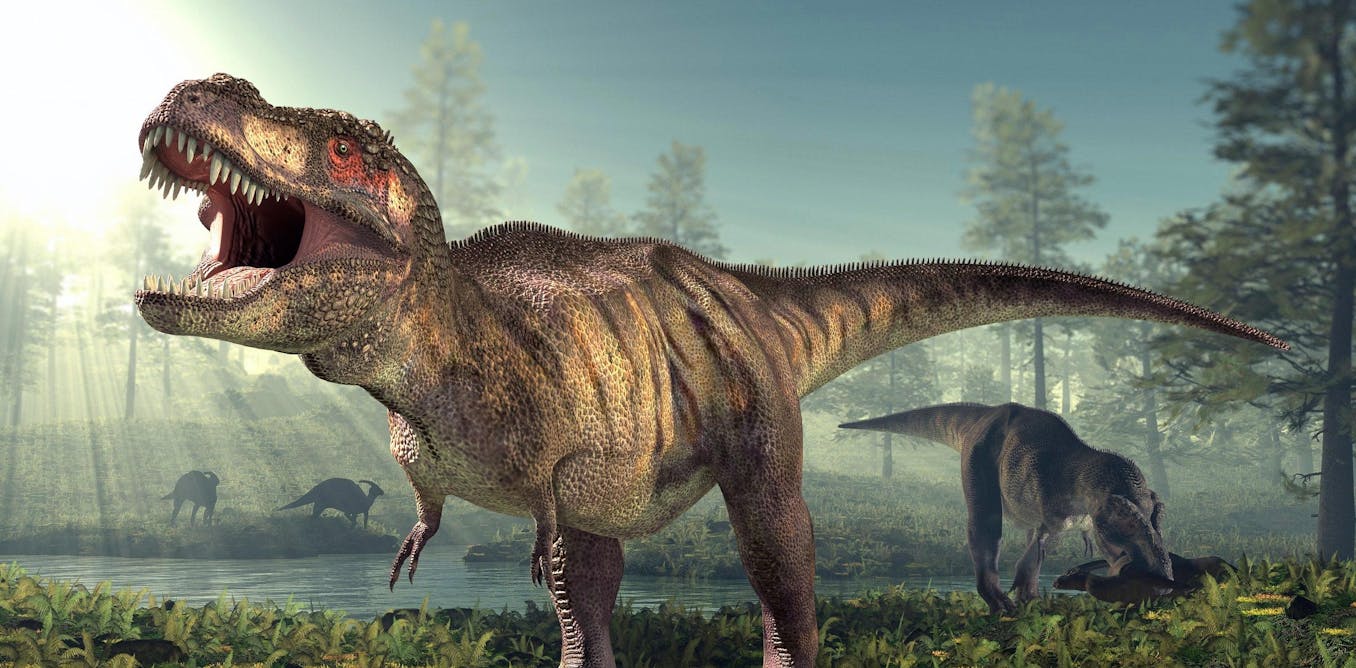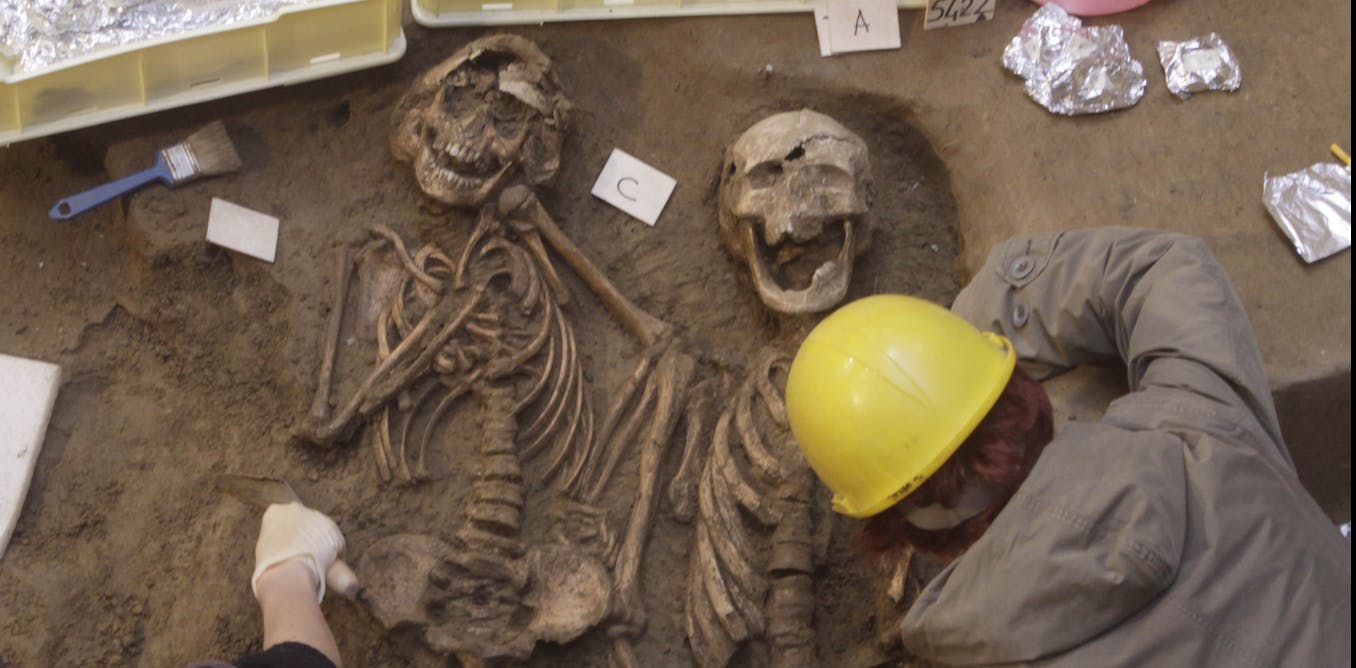Why do humans have bones instead of cartilage like sharks?
Hard and strong, or bendy and flexible? A cartilaginous skeleton provides advantages in the ocean, but wouldn’t stand up to life on land.
Michael Heithaus, Executive Dean of the College of Arts, Sciences & Education and Professor of Biological Sciences, Florida International University •
conversation
Feb. 21, 2022 • ~6 min
Feb. 21, 2022 • ~6 min




